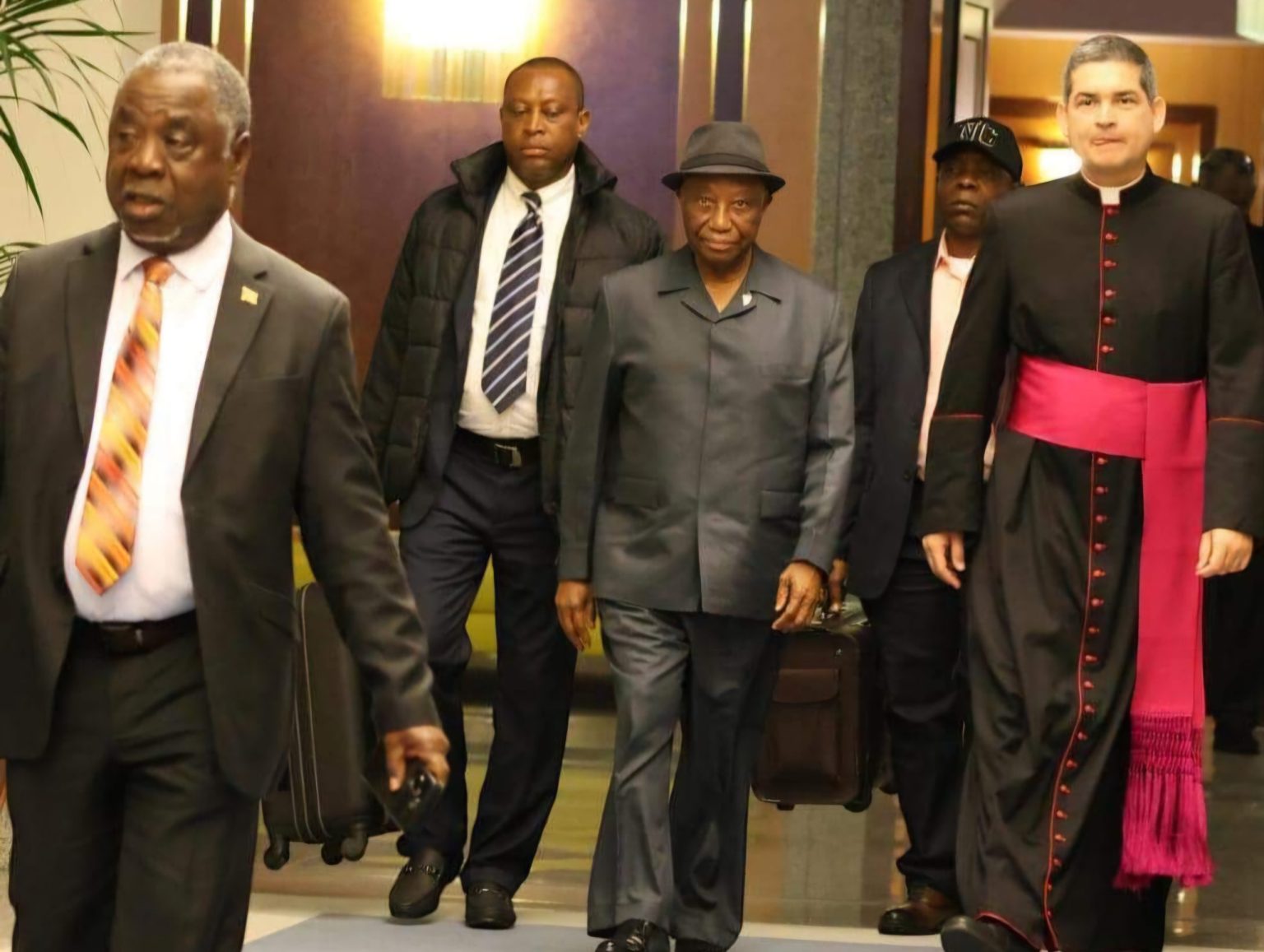In his address at the World Food Forum in Rome on October 15, 2024, President Joseph Nyuma Boakai emphasized the urgent need for decisive actions to address food insecurity, particularly in Africa. He highlighted the continent’s potential, rich in natural resources and agricultural prospects, yet paradoxically placed at the center of a global food crisis. President Boakai referred to reports from the Food and Agriculture Organization (FAO), which reveal the widespread food shortages experienced by millions across Africa and beyond. He underscored that while Africa is endowed with fertile soils and diverse cultures, it faces severe hurdles such as climate change, conflict, economic instability, and insufficient investments in agricultural infrastructure.
In articulating Liberia’s commitment to global food security, President Boakai showcased Liberia’s rich biodiversity and favorable climatic conditions, which position the country as a promising contributor to agricultural development. He pointed out that Liberia’s altered Nationally Determined Contribution (NDC) strategy aims to decrease greenhouse gas emissions significantly by 2030—a pledge that includes both unconditional and conditionally supported targets. Boakai presented Liberia not only as a net carbon sink, absorbing more greenhouse gases than it emits but also a country that recognizes the essential role of its soil in achieving food security and fostering economic growth.
Recognizing the strategic importance of agriculture to Liberia’s economy, which constitutes 28.9% of its GDP and supports 68% of the populace, President Boakai advocated for increased funding to agricultural innovations and farming practices. He proposed that empowering farmers with the right tools, knowledge, and resources could amplify crop yields, diversify production, and ultimately elevate families out of poverty. He specifically mentioned focusing on food crops, fisheries, and organic cash crops like palm oil and cocoa, illustrating how these sectors could enhance food security and local economies.
The President outlined his government’s visionary agenda centered on sustainable agriculture, underscoring the need for investments in value chains that boost agricultural productivity, minimize food loss, improve processing, facilitate market access, and develop inclusive agribusiness models. These models are intended to empower smallholder farmers, particularly women and youth, ultimately transforming the agricultural landscape in Liberia. This inclusive approach is seen not just as a means of improving food security but also as a strategic driver for economic growth.
Additionally, President Boakai introduced the Agro-Industrial Development Program, which aims to establish oil palm and cocoa as fundamental pillars of economic sustainability and growth. He articulated the program’s ambitious objectives, which are framed around sustained economic growth, wealth generation in rural areas, increasing foreign exchange revenue, creating employment opportunities, and attracting foreign direct investments. These objectives reflect a comprehensive strategy designed to position Liberia as a vital player in regional agricultural development.
Ultimately, President Boakai’s address was not merely a call for recognition of the challenges but a proactive appeal for collaborative action, stressing the need for international support and solidarity in the pursuit of agricultural transformation and food security. His vision reflects both a commitment to immediate action and a broader strategy for long-term sustainability, aiming to uplift communities while addressing the multifaceted challenges facing food systems in Africa and beyond.














